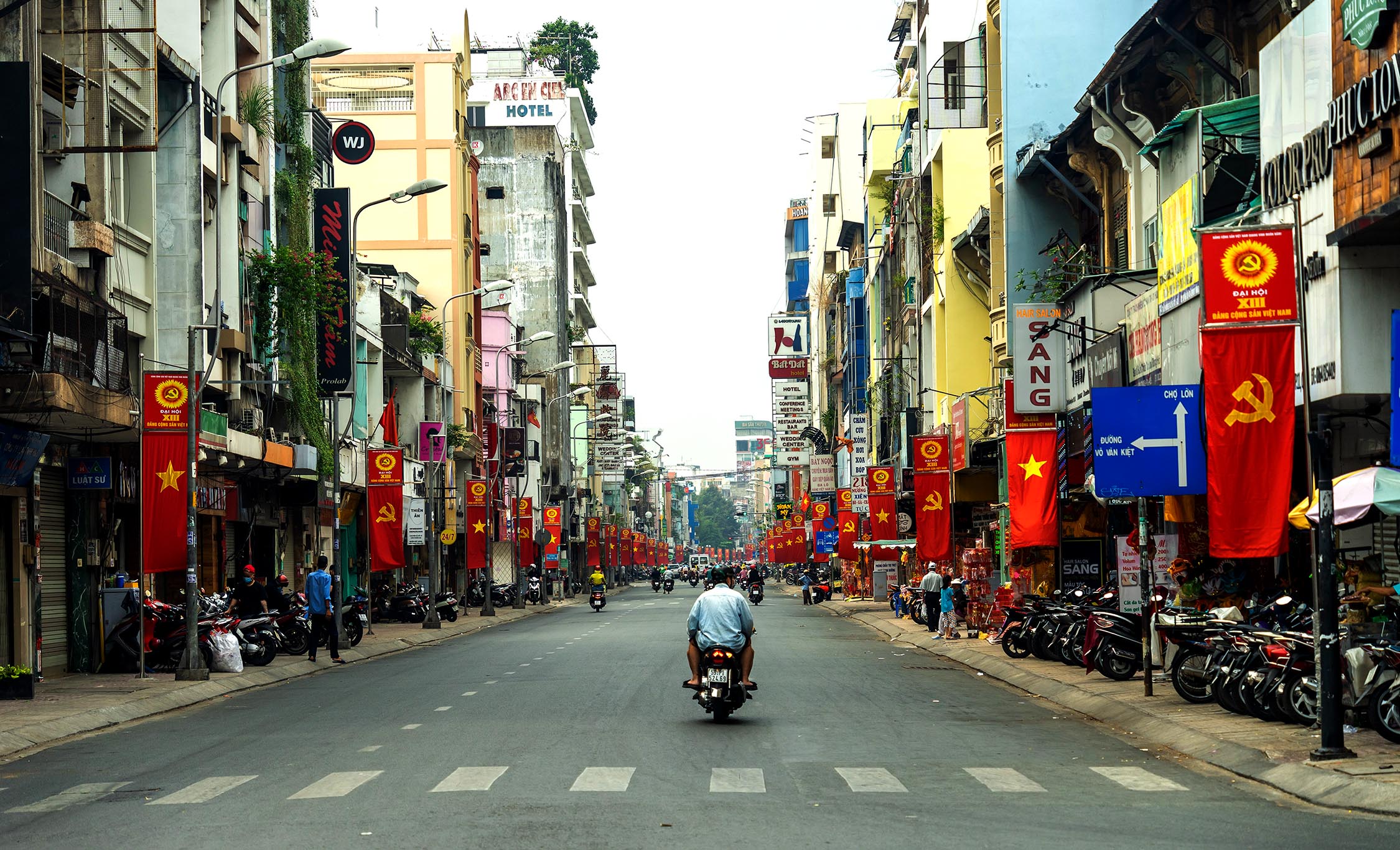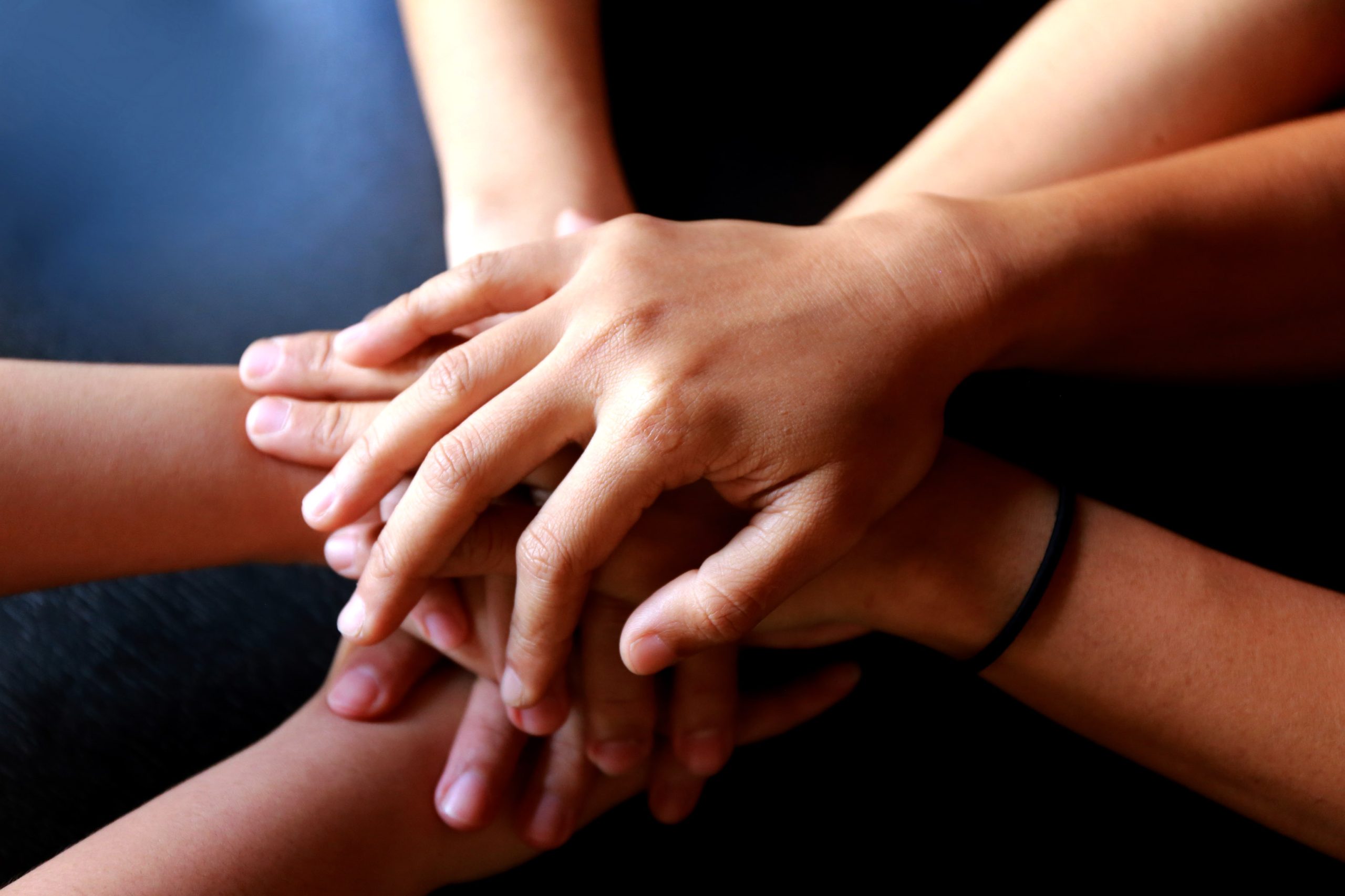Religion Bulletin - May 2025: Trial Continues for Two Members of Tịnh Thất Bồng Lai; Two Independent Protestant Pastors Sentenced
Trial of Two Tịnh Thất Bồng Lai Members Moves Forward On May 21, 2025, authorities in Long An Province continued
Vietnam has never been keen on having non-profits around. Now it has made it even more difficult for such groups to continue operating in the country.

When I was at the pre-session conference for Vietnam’s 3rd Universal Periodic Review in December 2018, the representative of the Canadian Mission in Geneva asked me — after I had delivered my statement on the death penalty in Vietnam — what the distinction was between registered and non-registered civil society organizations in Vietnam.
Despite five consecutive years of working on human rights in Vietnam, I still could not give the representative a full definition of the distinction between the two groups. I just didn’t know how to explain it.
I was only able to reply that Legal Initiatives for Vietnam (LIV), the organization that I had co-founded with journalists Pham Doan Trang and Trinh Huu Long, was not registered in Vietnam. We fell under the category of “non-registered” organizations.
LIV is a 501(c)(3) organization registered in California. As of December 2021, we were also registered as a legal entity in Taiwan. Nevertheless, it does not matter how many countries recognize LIV as a legal entity. Vietnam will still consider it as “non-registered” as long as the Vietnamese Communist Party is still the only political party in the country.
That is because it wants to de-legitimize LIV as an official non-profit organization so that it can create propaganda against us, our work, and our staff. It makes it easier for the Party to defame us by saying that we are not a legitimate media group since we are not registered in Vietnam.

The long arm of the Vietnamese Communist Party is felt in all aspects of Vietnamese life, including among the country's civil society organizations.
Why would the Party want to treat LIV like this? It is because LIV operates two online magazines and we refuse to comply with state censorship and also self-censorship. We are a truly independent media organization, and we also call for political pluralism in Vietnam.
At the time of the last Universal Periodic Review for Vietnam in 2018, which was more than three years ago, “registered” and “non-registered” non-government organizations or NGOs were seen as a bit different in the eyes of the Vietnamese government. It was like the distinction between black and white, where the government painted “non-registered” organizations such as LIV as the “dark forces” or “reactionary” groups, and the “registered” groups as white, or what they thought as the less problematic ones.
The more I learned about the people who work in non-profit organizations in Vietnam, the more I realized that there are people from the “registered” NGOs who sympathize with me and my colleagues. Yet, they all keep their sympathy and support hidden. While we all share and believe in the same universal values of human rights, the “registered” groups and individuals cannot publicly support us because they do not want to experience suppression from the government, which would happen if they openly stand on the same side as us. I understand their views and I still respect them for sharing the same human rights values with us, the non-registered organizations.
I understand them even more now, with the situation in Vietnam for the likes of us becoming even worse.
When I started writing these lines during the first month of 2022, Vietnam had already sentenced two NGO directors to four and five years’ imprisonment for tax evasion. The two are Mai Phan Loi, a former journalist and the director of the Center for Media in Educating Community, and Dang Dinh Bach, the director of Law and Policy of Sustainable Development. Both men had worked on environmental rights. Both organizations are “registered” NGOs in Vietnam.
In January 2022, Nguy Thi Khanh, the co-editor and founder of Green ID, was also arrested under another alleged tax evasion charge, the free-speech group The 88 Project reported. Nguy Thi Khanh had won an international award for her work in sustainable energy development. On Feb. 9, the Vietnamese media reported that she had been formally prosecuted by the Hanoi Police investigation department.
How could directors of non-profit organizations be charged and convicted for tax evasion? As I have learned, the laws in Vietnam do not recognize NGOs to be different from a regular business entity. Therefore, NGOs must pay taxes on the funds they receive, even those coming from international funders for their projects.
Yet, the convictions of Loi and Bach have raised many eyebrows. There have been suspicions that they were sentenced because they were both executive board members of the VNGO-EVFTA Network. The Network is a group of seven community service organizations established last November to satisfy the formation of the Domestic Advisory Group (DAG), a civil society component of the European Union-Vietnam Free Trade Agreement (EVFTA).
After the convictions of Loi and Bach and the arrest of Khanh in January, I started to believe that Vietnam had never made a real distinction between registered and non-registered non-profit groups.
Organizations were not black or white. Vietnamese authorities just never wanted the expansion of the civil society sector in the country. Therefore, the idea that people like Loi, Bach, and Khanh joining the DAG of the EVFTA to observe the government’s compliance in an international trade deal would be just as worrisome for Vietnam as how LIV and its independent magazines write facts and truths about them.
Did learning about how the government began its suppression of the registered organizations in Vietnam make me lose hope for a day when human rights will be respected in Vietnam? No, it did not.
When Pham Doan Trang, Trinh Huu Long, and I began to develop LIV with our two online magazines, our common goal was to use journalism to promote human rights, democracy, and the rule of law in Vietnam. We wanted to write and to be a part of independent journalism. In an authoritarian regime like Vietnam, however, that meant that the three of us had to take on a role that few people would be willing to take: being classified as “enemies of the state.”
Because we dared to take on this role, my close friend and colleague, Pham Doan Trang, was sentenced to nine years of imprisonment in December 2021, after more than one year of being detained incommunicado. Trinh Huu Long and I cannot go back to Vietnam; if we do, it’s certain that we will meet the same fate as Doan Trang.
From the recent convictions of Loi and Bach — the directors of two registered NGOs in Vietnam — we can see that the fate of Doan Trang was being shared with many NGO workers inside the country. But that will not deter those of us from continuing our work. Because for us, the government has shown that it fears civil society.

Even as the Vietnamese government seeks to silence dissent, the country's civil society organizations vow to continue speaking up and holding the authorities accountable.
What the authorities in Vietnam did during 2021 and the first month of 2022 only showed that they had realized there were just some things that they may not be able to keep under wraps and they were desperate. That is why they suppressed the “registered” groups that they once thought they could control. It showed that the government refused to understand and comply with the international treaties and contracts it had signed, in which respecting human rights is among the conditions.
If any person or group demands that Vietnam respect human rights, be it the freedom of expression, workers’ rights, or environmental rights, the government only shows one reaction: to arrest and imprison those asking for such rights. This demonstrates that the Vietnamese government is the main culprit that is preventing Vietnam from being a country that respects human rights and follows international laws.
The authoritarian nature of our government is the cause that prevents Vietnam from moving forward to be a democratic country. But the more suppression the government does — be it toward the registered or non-registered groups — the weaker it becomes.
LIV and I will continue to write about the human rights situation in Vietnam because we need to continue to tell the truth and hold the authorities accountable. LIV exists so that the stories of Pham Doan Trang, Mai Phan Loi, and Dang Dinh Bach will be told to the public. These are the stories that we will carry with us on our way toward achieving democracy and human rights for our nation. And we will get there someday.
This article was originally published by the Asia Democracy Chronicles.
Vietnam's independent news and analyses, right in your inbox.